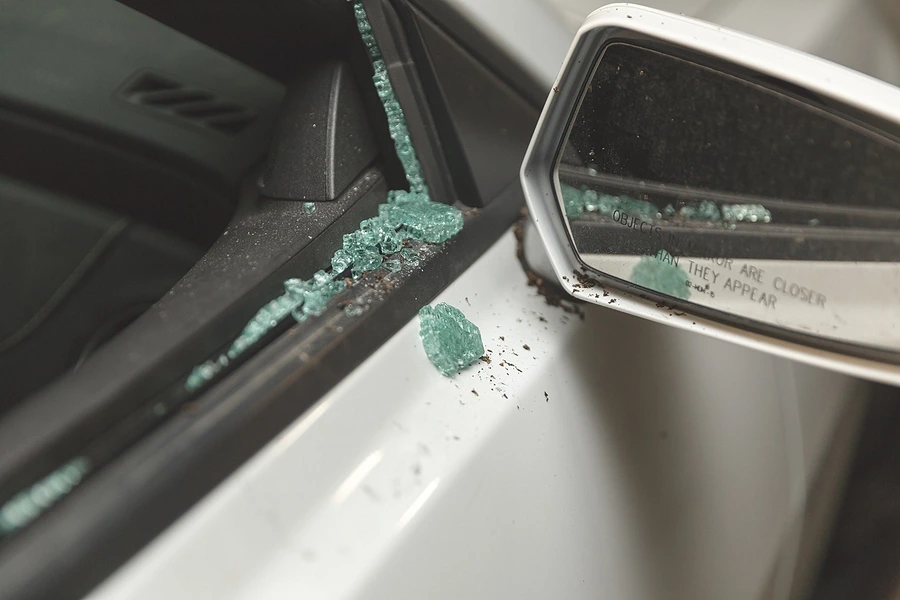The Role of Dashcam Footage in Orlando Car Accident Claims

Dashcam footage has become an increasingly valuable tool in resolving car accident claims. In Orlando, where traffic conditions can be complex and accidents can be disputed, dashcam video can provide crucial evidence to support your case. Here’s how dashcam footage can influence car accident claims and what you need to know about using it effectively.
Providing Clear Evidence
- Accurate Account of Events: Dashcams record the events leading up to and during a car accident, providing a clear and objective account of what happened. This can help establish the sequence of events and clarify who was at fault.
- Visual Proof: Footage can capture details such as traffic signals, road conditions, and the behavior of other drivers, which might be missed or disputed in eyewitness accounts.
Supporting Your Claim
- Validation of Statements: Dashcam footage can support your version of events and corroborate your statements to insurance companies and law enforcement. It can validate your claims regarding the other driver’s actions or the road conditions at the time of the accident.
- Disputing Fault: If the other party involved in the accident denies responsibility or provides a different account of the incident, dashcam footage can be used to refute false claims and demonstrate the true cause of the accident.
Enhancing Insurance Claims
- Insurance Investigation: Insurance companies often rely on evidence to assess claims and determine fault. Dashcam footage can streamline this process by providing immediate visual evidence, potentially speeding up claim resolutions.
- Negotiating Settlements: Clear footage can strengthen your negotiating position when dealing with insurance adjusters. It provides concrete evidence of the accident’s circumstances, making it harder for the other party to dispute your claim.
Legal Considerations
- Admissibility in Court: Dashcam footage is generally admissible in court if it is relevant and obtained legally. It can be presented as evidence to support your case in legal proceedings.
- Privacy Concerns: Ensure that your dashcam footage does not violate privacy laws. The footage should focus on the incident and not capture sensitive or private information unrelated to the accident.
Steps to Take After an Accident
- Preserve the Footage: Immediately save and back up the dashcam footage after an accident. This prevents overwriting and ensures that you have the necessary evidence available for your claim.
- Provide Evidence: Share the relevant footage with your attorney and insurance company. They can analyze the video and use it to build your case.
Limitations of Dashcam Footage
- Quality and Angle: The effectiveness of dashcam footage depends on the quality of the video and the camera’s angle. Low-resolution footage or poor angles may not capture all the necessary details.
- Partial Coverage: Dashcams typically capture only what is in front of the vehicle. If the accident involves multiple angles or actions outside the camera’s field of view, additional evidence may be needed.
Combining Dashcam Footage with Other Evidence
- Comprehensive Evidence: While dashcam footage is valuable, it should be combined with other types of evidence, such as police reports, witness statements, and medical records. This provides a more comprehensive view of the accident and strengthens your case.
Conclusion
Dashcam footage can be a powerful tool in car accident claims in Orlando, offering clear and objective evidence that can support your version of events, enhance insurance claims, and be used in legal proceedings. By understanding its role and effectively managing the footage, you can strengthen your case and improve your chances of a favorable outcome. Consult with an experienced car accident attorney for guidance on filing a successful personal injury claim in Orlando.

 Call Us Today - It's Free
Call Us Today - It's Free